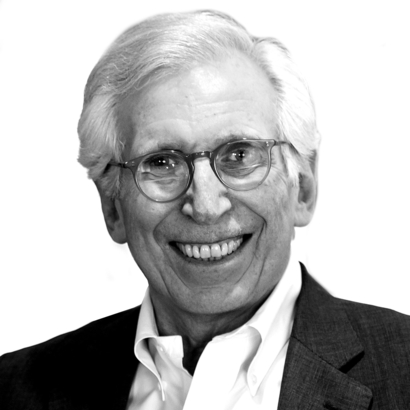George Soros: A Life in Full consists of essays reflecting the experience and insights of distinguished writers about Soros as a survivor, billionaire, speculator, philanthropist, philosopher, political activist, nemesis of the far right, and global citizen. As it happens, the book also provides context to Russia’s invasion of Ukraine, which has demolished the accepted norms of post–Cold War Europe.
Soros’s goals of supporting an open society in Russia with billions of dollars and strategic efforts have failed in the Kremlin. And yet, elsewhere in the former Soviet empire—Poland, the Baltics, Romania, even autocratic Hungary—the place of civil society and commitment to Ukraine’s independence have been impressive. The consequences for the Russian people are beyond sad, even if their homeland is not being destroyed, as Ukraine’s now is.
In the summer of 2020, when the coronavirus prevented any recognition of Soros’s 90th birthday, I, as his longtime publisher, suggested a biography that would cover more ground more quickly than any one writer might do alone. Soros provided full cooperation and agreed to read the material only after it was completed. And that is what happened.
A survivor, billionaire, speculator, philanthropist, philosopher, political activist, nemesis of the far right, and global citizen.
Eva Hoffman wrote on Soros’s formative youth during the Holocaust. Sebastian Mallaby, on his innovations and success as a financier and speculator. Darren Walker, on his impact on philanthropy. Gara LaMarche, on his take on American politics. Ivan Krastev, on his involvement with the former Soviet bloc. Michael Ignatieff, on his founding of the Central European University, in Budapest. Orville Schell, on his engagement with China. And Leon Botstein on the challenge and legacy of being a Jew from Hungary. (I have written the introduction.)
As Anne Applebaum observed after reading the manuscript, this is not a conventional biography. But then, George Soros is most assuredly not a conventional person.
“Say yes. Cope later.”
In the fall of 1998, Soros had completed a manuscript called The Crisis of Global Capitalism, which Random House intended to publish the following spring. As it happened, events in Russia and Asia were moving very fast. Random House offered to speed the publication to January.
I was acquainted with Soros from our mutual interest in human rights. He had someone call me to ask if my new imprint, PublicAffairs, wanted the book. When must it be ready?, I asked. A week from Monday was the answer, so it could be featured at the upcoming meetings in Washington of the World Bank and International Monetary Fund.
On Monday we took the manuscript to a nearby copy shop and ordered 1,000 copies. Five days later—one of which was Yom Kippur—they were ready.
We persuaded Soros to give away the first chapter, which he did. Six weeks later, the hardcover was released. It was sold in 35 countries and became a national best-seller.
Soros was satisfied, apparently sufficiently so to make me his publisher (and, eventually, a friend).
When people ask me how to handle a figure as formidable as George Soros, my answer is: “Say yes. Cope later.”

Peter Osnos is a journalist, former publisher, and the founder of PublicAffairs. His latest book, George Soros: A Life in Full, is out now from Harvard Business Review Press


